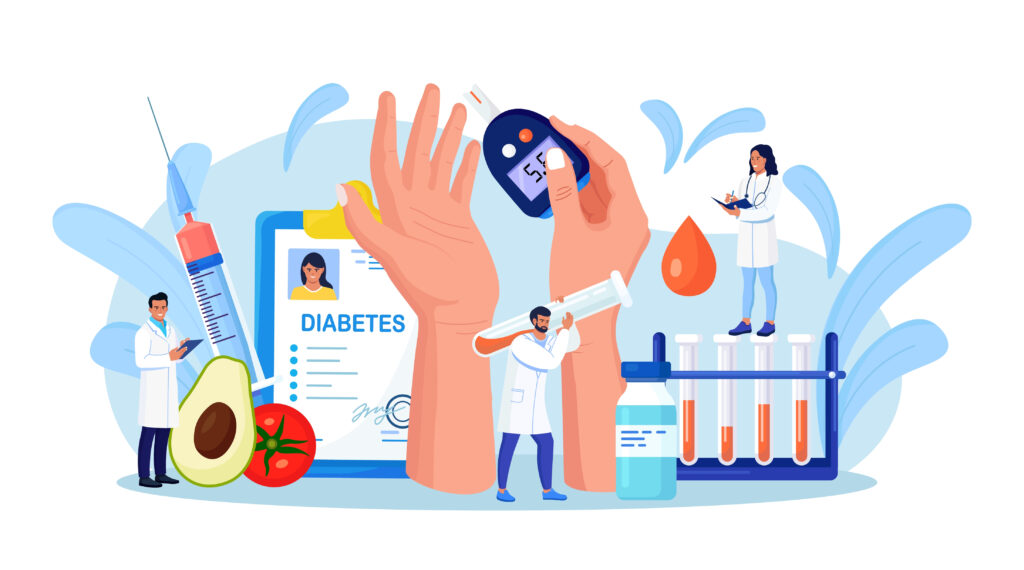
Many individuals rely on medications to manage various health conditions. While these medications can provide numerous benefits, it is important to be aware of potential side effects. Some medications have the potential to contribute to high blood sugar levels or hyperglycemia, which can be a concern, especially for individuals with diabetes or those at risk of developing the condition. This article will explore several commonly used medications that may have an impact on blood sugar levels and provide insights into their mechanisms of action. It is essential to note that this article is for informational purposes only, and individuals should consult with their healthcare provider regarding any concerns or questions about their medications.
1. Steroids:
Corticosteroids, such as prednisone and dexamethasone, are commonly prescribed for various inflammatory conditions, autoimmune disorders, and allergies. These medications can increase blood sugar levels by promoting glucose production in the liver while reducing the body’s ability to utilize insulin effectively.
2. Beta-Blockers:
Beta-blockers, such as propranolol and atenolol, are used to treat hypertension, heart conditions, and anxiety. While they are generally well-tolerated, these medications can impair insulin sensitivity and suppress the release of insulin, potentially leading to elevated blood sugar levels.
3. Thiazide Diuretics:
Thiazide diuretics, including hydrochlorothiazide, are commonly prescribed for hypertension and edema. These medications can sometimes cause a modest increase in blood sugar levels by decreasing insulin sensitivity and impairing glucose tolerance.
4. Antipsychotics:
Certain antipsychotic medications, such as clozapine and olanzapine, are used to manage psychiatric conditions like schizophrenia and bipolar disorder. These medications can lead to weight gain and insulin resistance, potentially contributing to hyperglycemia and an increased risk of developing diabetes.
5. Statins:
Statins, including atorvastatin and simvastatin, are widely prescribed to lower cholesterol levels and reduce the risk of cardiovascular diseases. While statins are generally safe, they may slightly increase blood sugar levels in some individuals, particularly those with preexisting diabetes or metabolic syndrome.
It is important for individuals taking medications to be aware of potential side effects, including the impact on blood sugar levels. Although the medications mentioned in this article have the potential to contribute to high blood sugar or hyperglycemia, it is essential to note that not everyone will experience these effects. If you have concerns or questions about your medications, it is crucial to consult with your healthcare provider, who can provide personalized advice and guidance based on your specific situation.
Remember, this article is for informational purposes only and should not replace professional medical advice.
(Note: The sources provided are for reference purposes and should not be considered as an endorsement or comprehensive review of the medications mentioned.)
(1) Source: Mayo Clinic – Prednisone and other corticosteroids: Balance the risks and benefits (mayoclinic.org)
(2) Source: American Heart Association – Beta-Blockers (heart.org)
(3) Source: National Library of Medicine – Hydrochlorothiazide (medlineplus.gov)
(4) Source: National Alliance on Mental Illness – Antipsychotics (nami.org)
(5) Source: European Heart Journal – Statin therapy and new-onset diabetes: A cause for concern? (academic.oup.com)